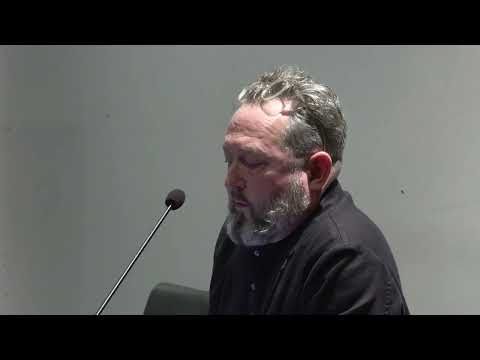
This is the keynote lecture following the MArch Jury for the Housing and Urbanism Taught Postgraduate Programme.
Patrick Lynch will address the reciprocity of domestic and civic design in terms of architectural culture and urban values beginning with the Renaissance ideals of “civitas” (city life) and “civilitas” (the art of city life). Starting with Alberti’s observation that a city is like a big house, and extending this analogy to look at some significant 20thcentury and recent examples of civic architecture, the lecture will seek the reveal the reciprocity of theory and practice in the work of Lynch Architects. Alberti’s theory of architecture – as “Second Nature”- is rooted in concerns for the family and domestic life, and for the ecology of the city-state, agriculture, politics, the law, rhetoric, and poetics in general. Thus architecture is seen as a social and political art form: and, arguably, as a mode of moral philosopher oriented simultaneously towards ideals (lineamenti) and models (ratio-analogia), and the practical art of building. In each case, geometric and literary ideals and models operate as analogical references for design imagination held in a creative tension with questions of proportion derived from both material science and anthropomorphic figures: in other words, Humanist culture was self-consciously and even perhaps hubristically cast as fragment of Cosmic order, and saw art as the embodiment and representation of civic and poetic harmony. The question facing us now as architects and scholars is: how can we reconcile this vision of architecture – in harmony with civic and natural values – when our cities more than ever are described as systems today; human and non-human habitats continue to be described in pseudo-technocratic terms such as sustainability; and the art and science of building (tectonics) is discussed primarily as engineering rather than design, and the predominant methodologies are analytical and data based rather than hermeneutic and dialogical? The climate crisis is, the lecture will suggest, the result of what Kenneth Frampton calls the misapplication of “techno-science” to design and to culture in general, resulting in alienating and disembodied architecture, and unliveable cities; and so, surely, the last thing architecture needs is to continue to imitate out-dated pseudo-instrumental techniques? How then, might architectural design, and for example housing in particular, recover its primary civic character? And how might other building types – including offices, courthouses and mortuaries – become part of the familiar character and identity of a city again, capable, as Gadamer suggested good buildings and art should (in “The Relevance of the Beautiful”), “of enriching our feelings for life” – and even, perhaps, of reconciling us with the inevitability of decay and death?
PATRICK LYNCH is the founding partner of Lynch Architects, an award-winning London practice whose work has been widely exhibited and published, including at Venice in 2008 and 2012, and Milan in 2019. He studied architecture at the universities of Liverpool and Cambridge, from where he holds a MPhil in the History and Philosophy of Architecture. Patrick completed a PhD, “Practical Poetics” in 2015 at London Metropolitan University where he was supervised by Peter Carl, Helen Mallinson and Joseph Rykwert. He is an honorary professor at Liverpool and has taught at UCL since 2020. Before this he taught history and theory at Cambridge and design the AA, London Met and Kingston. He is the author of several books including The Theatricality of the Baroque City (2011), Mimesis (2015) and Civic Ground (2017), Part of a City: The Work of Neave Brown Architect (2022), etc. In 2018 he founded Canalside Press alongside Claudia Lynch. Thus far they edited and published 10 issues of the Journal of Civic Architecture and 10 books. These include architectural history, photography and poetry, and books of theory concerning urban culture and ecology as both praxis and reflection. He is also a poet, and the father of two teenagers.